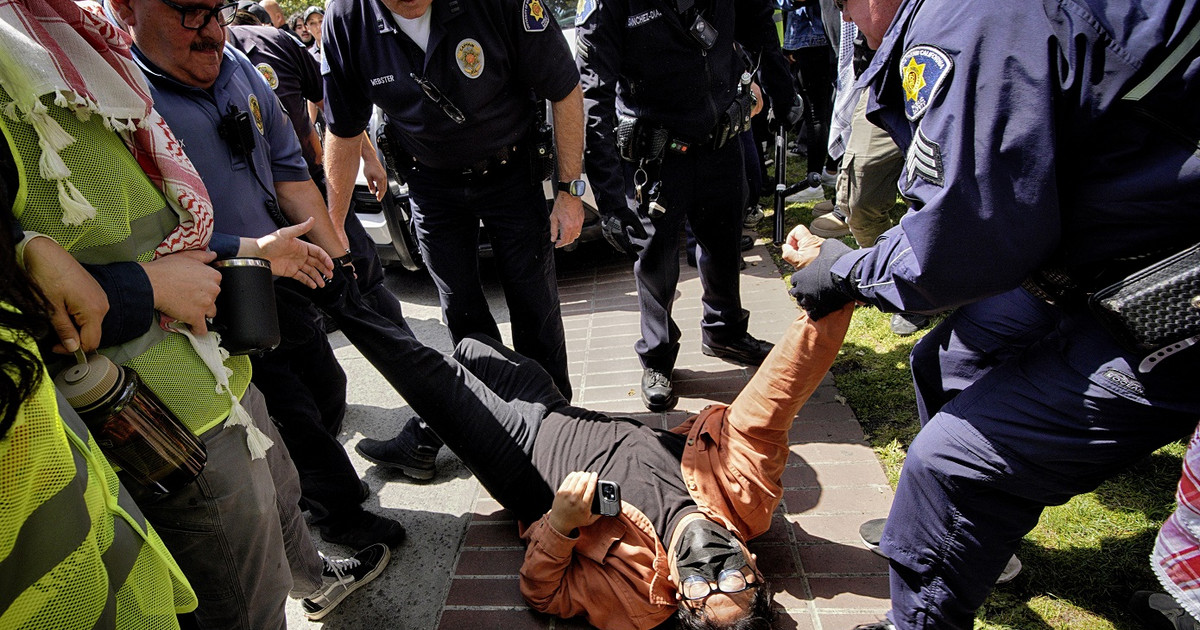The government has launched a trial balloon for a new spending cap rule starting next year. Even if Bolsonaro is not reelected, which seems more likely with recent polls, the proposal deserves attention.
According to the diagnosis of the Ministry of Economy, in my view, the current rule does not have countercyclical mechanisms and, given the difficulty of changing mandatory spending, the rapid fall in spending as a proportion of GDP greatly compressed discretionary spending.
To adjust this, the government launches the idea of tying the cap rule to two components: the business cycle and the size of gross debt. In the proposal, which I will not detail here, public spending would grow according to GDP, considering a reduction of one percentage point if the debt is below 60% of GDP. If the debt is between 60% and 80% of GDP, the reducer would be 2%.
Above 80% there would be no real growth in spending. In addition, there is the possibility that in recessions spending increases in proportion to the fall in GDP, in a countercyclical effect that would be reversed upon exiting the recession.
This mechanism maintains the cap rule, but is more flexible and credible, since there would be no risk that in a recession we would be in doubt about what to spend more. In addition, it ties to a debt parameter and correctly signals that there is a ceiling for this rule to work in this way.
I have long believed that the cap rule needed to be refined to include some flexibility in relation to the cyclical movements of the economy, and the direction given by the government is in the right direction.
In any case, it remains to be discussed the strong increase in expenses expected for next year. I have a feeling that there will be a window in 2023 where there will be a strong license to spend with a new rule running from 2024 onwards, especially if Lula is elected.
To accommodate spending on precatories, increases in civil service and social and investment spending, it appears that there will be a significant fiscal blank check next year, but that would have to be agreed in exchange for a credible fiscal rule like the one launched by the government from of 2024.
Evidently, fiscal rules in Brazil have the defect of being permanently broken. But the original rule, in my view, as it did not adequately encompass moments of crisis, had this difficulty of being circumvented, as it ended up happening. We would not have gone through the heightened fiscal uncertainty that we have been living in since 2020.
But there needs to be a compromise across the broad political spectrum on this rule for it to be truly credible. For example, if the Lula government were to approve the rule proposed by the Bolsonaro government starting in 2024 with temporary increases scheduled for 2023, it could be a multi-party middle path that would take away much of the fiscal risk we are experiencing.
We need to move from ideology to the concrete analysis of fiscal risks, but without the illusion that we will be able to keep everything as it is, because politically we know that will not happen.
If Lula actually went more to the center, it would be a nice gesture if there was a joint effort to think about this fiscal issue. But polarization strikes me as a veil that has consistently blinded our economic policy.
This text does not necessarily represent the opinion of CNN Brasil.
Source: CNN Brasil
Joe Jameson, a technology journalist with over 2 years of experience, writes for top online news websites. Specializing in the field of technology, Joe provides insights into the latest advancements in the industry. Currently, he contributes to covering the world stock market.






